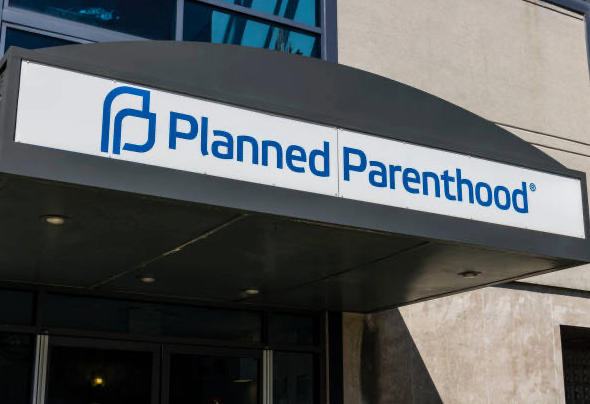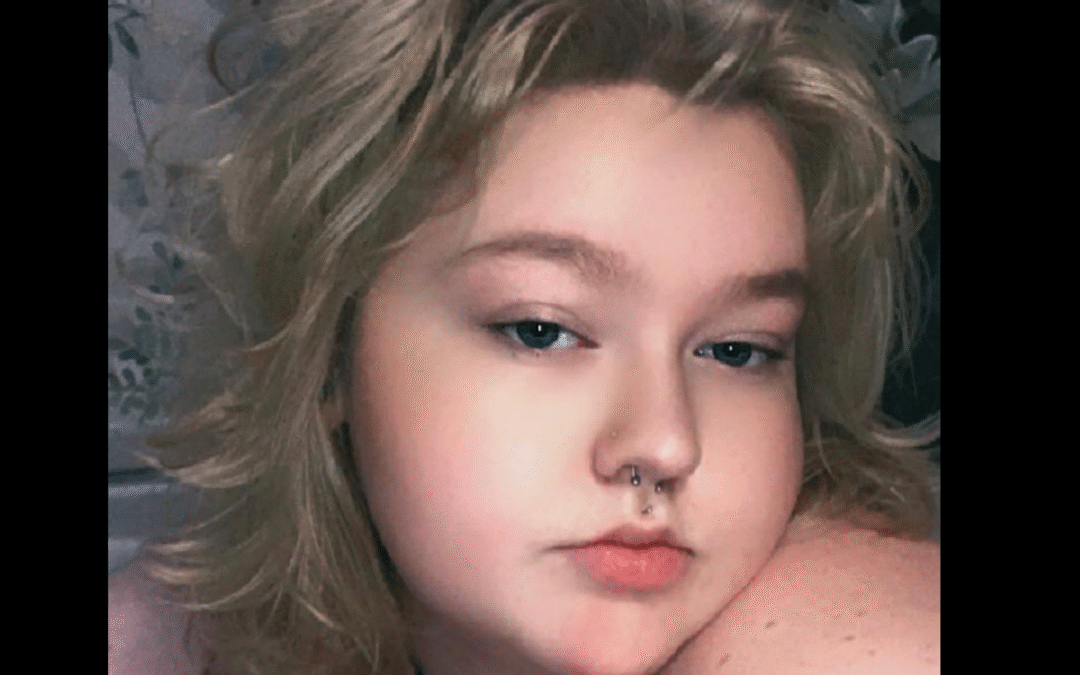South Carolina and other states can bar taxpayer dollars from the federal Medicaid program from going to Planned Parenthood for abortion services, the U.S. Supreme Court ruled Thursday.
In Medina v. Planned Parenthood South Atlantic, justices ruled 6-3 in favor of South Carolina Gov. Henry McMaster, paving the way for other states to follow in removing Planned Parenthood from their Medicaid programs.
McMaster’s 2018 executive order prevents clinics who provide abortion services from receiving reimbursements through Medicaid.
“Payment of taxpayer funds to abortion clinics, for any purpose, results in the subsidy of abortion and the denial of the right to life,” McMaster said.
A South Carolina subsidiary of Planned Parenthood and patient Julie Edwards sued the state over the ban, saying it impeded Edwards’ right to choose her medical provider so long as the provider was approved under the state’s Medicaid program.
The Supreme Court overruled a lower court’s decision to back Edwards, saying that Medicaid recipients cannot sue over their individual choice of medical provider.
The justices ruled along ideological lines Thursday. Justice Neil Gorsuch wrote on behalf of the majority.
Gorsuch argued that power should be kicked back to the states, saying that it “belongs to the people’s elected representatives, not unelected judges charged with applying the law as they find it.”
Justice Ketanji Brown Jackson dissented for the liberal bloc, arguing that this ruling is one of many by the nation’s top court that violates the Civil Rights Act of 1871.









